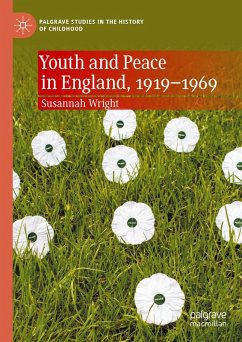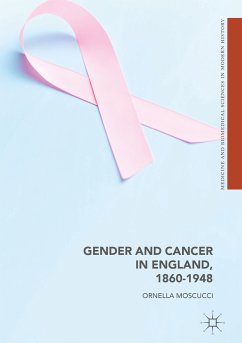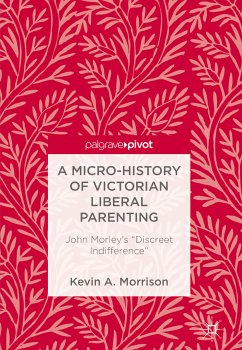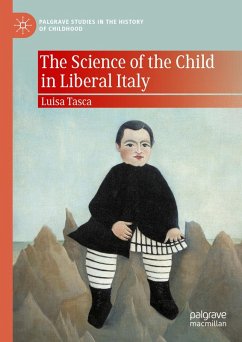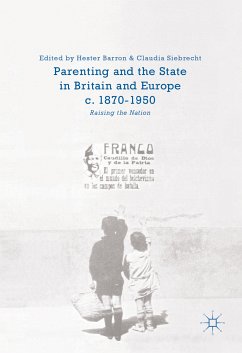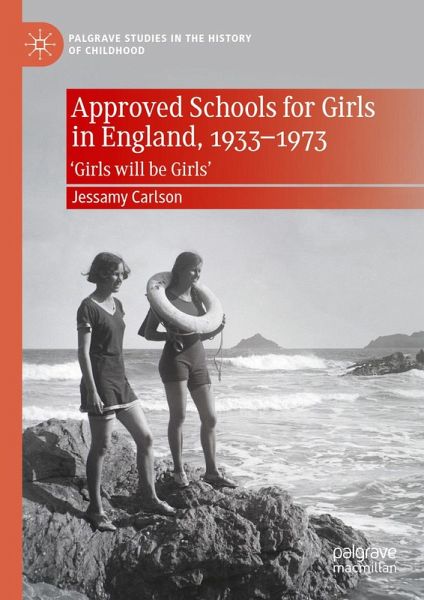
Approved Schools for Girls in England, 1933-1973 (eBook, PDF)
'Girls will be Girls'
Versandkostenfrei!
Sofort per Download lieferbar
96,95 €
inkl. MwSt.
Weitere Ausgaben:

PAYBACK Punkte
48 °P sammeln!
This book provides a detailed study of approved schools for girls, which operated in England and Wales between 1933-1973. Through original archival research, it traces shifting perceptions of, and policy responses to, girls' delinquency and vulnerability during a period of remarkable social change. It examines the transition of provision for girls and young women 'in trouble' from the large-scale post-Victorian reformatories to the therapeutic Community Homes for Education, and the emergence of a 'diagnostic shift' in the provision of care for children in the juvenile secure estate. Through ex...
This book provides a detailed study of approved schools for girls, which operated in England and Wales between 1933-1973. Through original archival research, it traces shifting perceptions of, and policy responses to, girls' delinquency and vulnerability during a period of remarkable social change. It examines the transition of provision for girls and young women 'in trouble' from the large-scale post-Victorian reformatories to the therapeutic Community Homes for Education, and the emergence of a 'diagnostic shift' in the provision of care for children in the juvenile secure estate. Through examining the experiences of younger children, it provides a more nuanced understanding of the role approved schools played for girls in need of care, protection, or control during this period, evidencing the gendered use of care-or-protection orders throughout, and the policing of child and family behaviours under the guises of the Education Act.
Dieser Download kann aus rechtlichen Gründen nur mit Rechnungsadresse in A, B, BG, CY, CZ, D, DK, EW, E, FIN, F, GR, HR, H, IRL, I, LT, L, LR, M, NL, PL, P, R, S, SLO, SK ausgeliefert werden.




